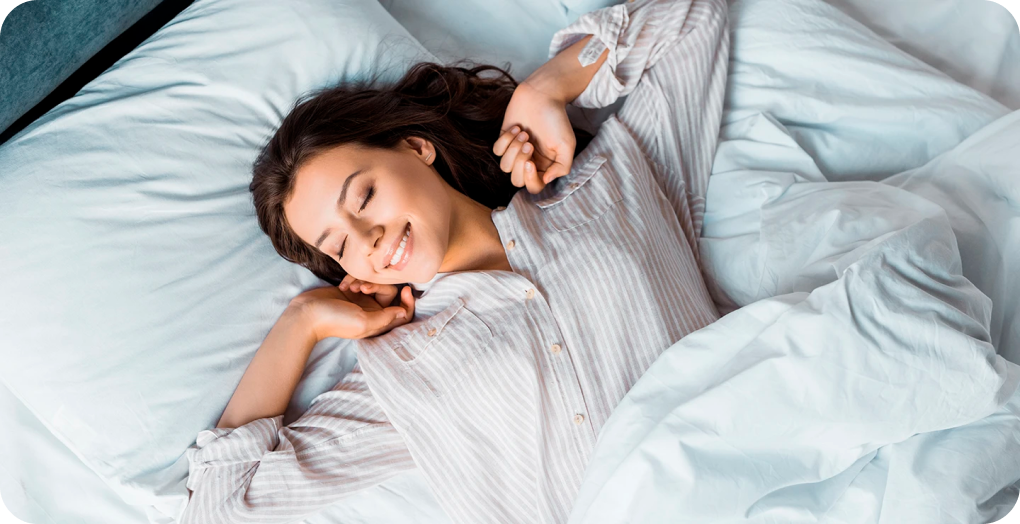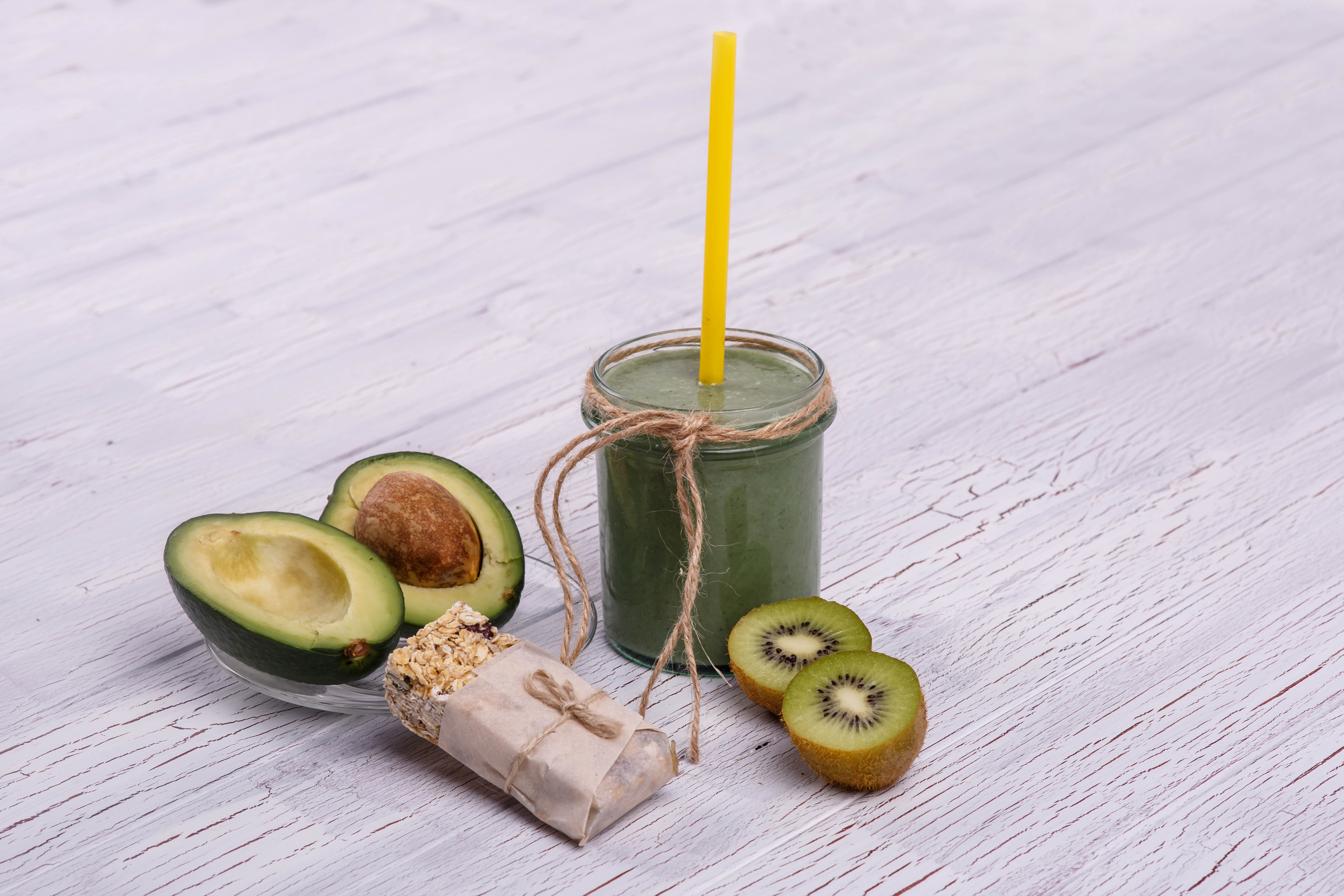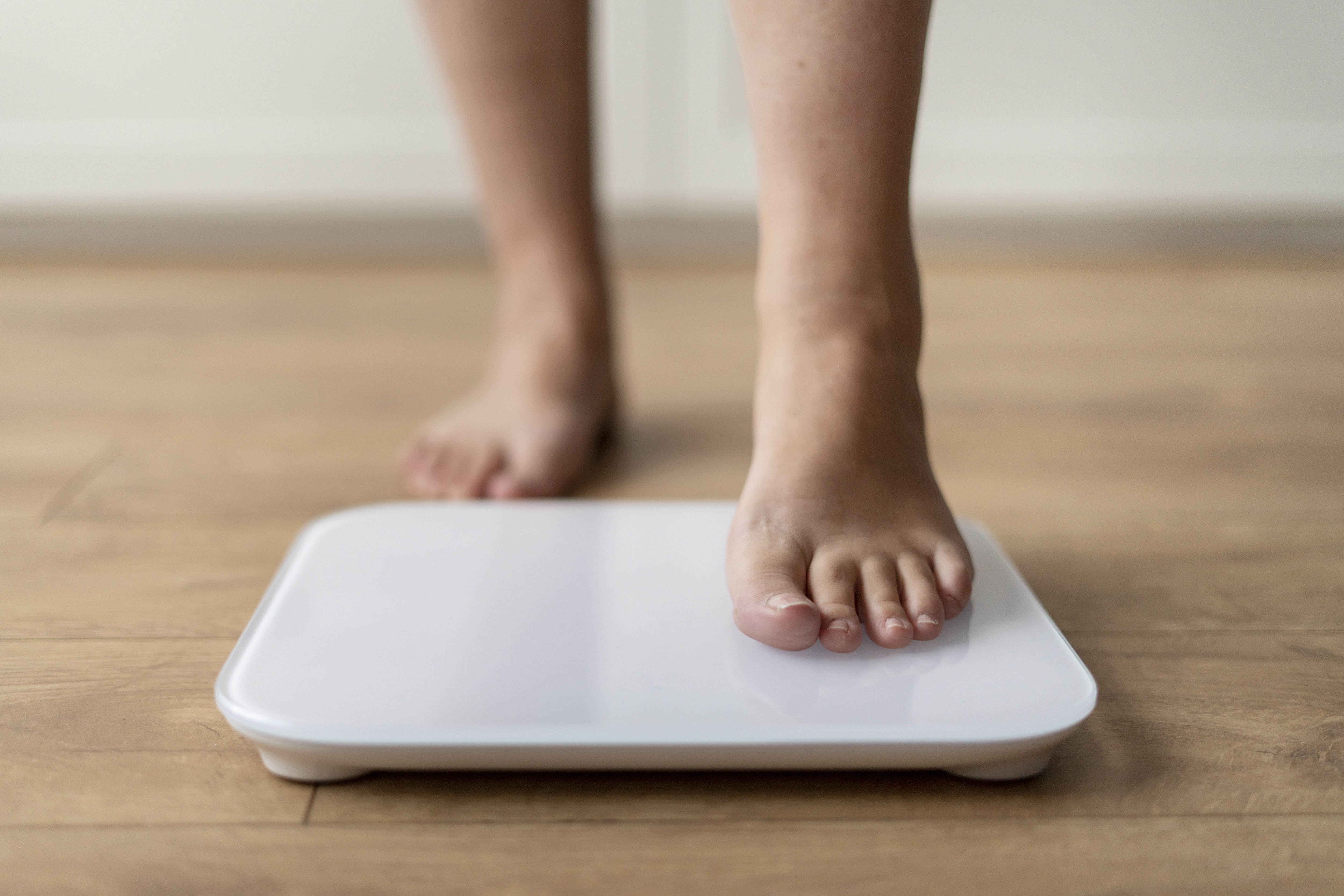Sleep is loved by all but most of us either have trouble falling asleep or feeling refreshed upon waking up.
Yet, we may not be able to follow the run-of-the-mill advice everyone loves to dole out. Changing our sleep pattern may not always be an option considering life’s responsibilities.
However, if you want to be the best version of yourself, sleep is one of the most important factors that can get you there. So if it’s something you’d like to work on, then read on for some small changes you can make in your daily life to help you sleep better.
1. Hello Darkness My Old Friend
Light is one of the most important aspects of sleep. They say the skin is the biggest organ, and your skin is highly photosensitive (responsive to light levels.) Darkness elicits a response in the body which secretes melatonin, an important neurotransmitter which signal the body to get ready for sleep. Similarly, light signals our body to stay awake. Our skin knows when it is dark and when it’s bright. So turn down the lights after it gets dark, and spend 5 minutes receiving direct sunlight on your skin in the morning as soon as you wake up. Added bonus: a bit of vitamin D!
2. Cover your eyes!
Even more photo-sensitive than the skin is the eyes, our retinas in particular, which have photoreceptors that help us see. To help your eyes adjust to the timings of the day, reduce your screen brightness, and turn on automatic night mode on all your screens – phone, laptop, PC, etc. If you do not have a dark environment when you are trying to sleep, cover your eyes with a sleeping mask.
3. Exercise
Getting some exercise, especially early in the day, is essential to your sleep. Most people who suffer from insomnia and begin an exercise program, end up seeing drastic improvements in their sleep onset and quality. Exert your body and you will notice the change.
4. Kick the evening coffee
You might be one of those people who says that you can go to sleep after having coffee, but adenosine receptors work the same way in every human body – they are responsible for calibrating sleep. Caffeine antagonises these receptors, thus affecting the quality (if not the onset) of sleep. Avoid caffeine intake after 2 pm!
5. Save carbs for dinner time
Many of you have surely experienced post-lunch sleepiness. This is often caused after having a heavy meal, particularly one which is higher in carbs. There is growing research supporting the theory that having carbs for dinner can make for a better night’s sleep due to release of various neurotransmitters.
Side note: Don’t be afraid to gain weight is you eat some carbs in the evening! As long as they fit into your macros, you will stay on track with your goals.
6. Keep it cool
Winter is coming! Take a cold shower right before bed and go to sleep in a cool room. This is known and proven to facilitate the onset of sleep rather quickly. Cold showers also help with recovery from difficult workouts.
7. Put your phone to sleep
If you don’t put your phone away, and if you browse Facebook/YouTube/Instagram compulsively in bed thinking you will eventually dose off – well, you won’t. You will only be stimulated by the dopamine snacks produced by your brain. That’s what social media platforms are designed to do. Fight the urge and put your phone to charge where you cannot reach it. Ideally in a separate room.
Bonus points: grab a book instead. If your mind wanders a lot, the book will serve as an anchor and often as a tranquilizer. The worst that can happen is that you will get bored and fall asleep.
8. Make it a priority
This may be the last point in the article, but it’s probably the most important one. If you don’t say no to late night parties, you will sleep late and disrupt your cycle. If you don’t go to bed at a reasonable time, you won’t fall asleep at a reasonable hour. Some people may have underlying conditions affecting their sleep and they should seek professional help, but most of us have plenty of scope to fix the problem if only we prioritize it.
Try out these tips and let us know if they helped!





